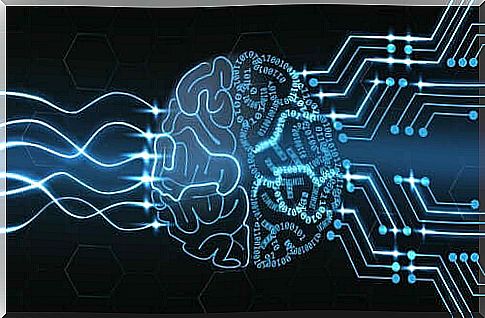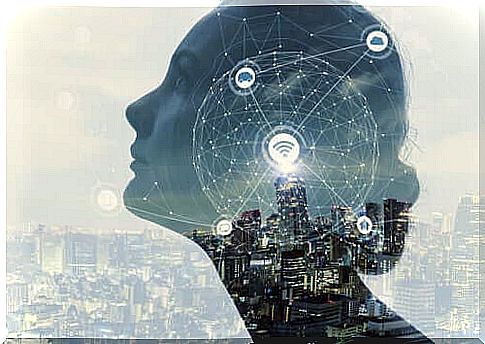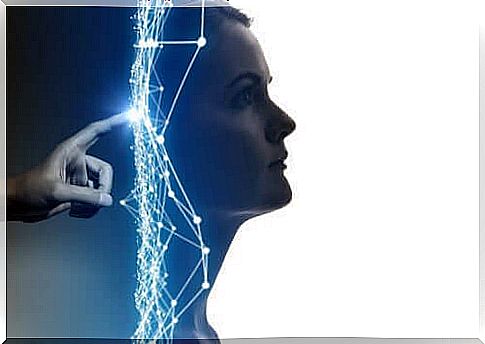The Link Between Artificial Intelligence And Psychology

It is a link between artificial intelligence and psychology. This article will elaborate on the definition and implications of this relationship. Keep reading to find out more.
Let’s start by defining each of these subject areas. The word “psychology,” according to Merriam-Webster, ” is the science of mind and behavior and the mental or behavioral characteristics of an individual or group. ” In the same way, they define the term “artificial intelligence” as ” a branch of computer science that deals with the simulation of intelligent behavior in computers and the computer’s ability to imitate humans. “
Branches of psychology associated with artificial intelligence

Psychology and artificial intelligence are intertwined. Both point to mental processes, behaviors and emotions. However, the fact that these are different subject areas does not mean that they are mutually exclusive.
Let’s look at the branches of psychology related to artificial intelligence:
- Educational psychology. Educational innovation addresses learning in a different but effective way. It uses elements of artificial intelligence for that. For example, intelligent tutoring systems, pedagogical robotics and neuro-teaching.
- Neuroscience. Artificial intelligence enhances research in this field.
- Clinic. Will robots replace psychologists?
- Cognitive psychology. It originated from cybernetic paradigms. In addition, it affected the understanding of human abilities. In fact, research continues to contribute more knowledge about this. In the article ” Artificial intelligence: myths and realities “, for example, Hugo D’Alarcao shows the processes that psychology has gone through as a science. He also shows the connection with interdisciplinary work with artificial intelligence. According to the author, these sciences continuously influence each other.
- Organization. One of the challenges with this branch of psychology is to improve the selection process through artificial intelligence systems.
- Forensic. You can use artificial intelligence in crime simulations.
As you can see, certain fields of psychology have a lot to gain from artificial intelligence. In addition, both have clear contributions to other research areas. Carlos González Tardón is a psychologist who wrote an article on the subject. He talks about how simulated beings can intervene in psychology and psychotherapy. He also provides information on new tools in experimental psychology.
Artificial intelligence and psychology in current and future psychotherapy
At present, the advances in artificial intelligence used to promote therapeutic processes are already here. Fantastic, right? Ideas that previously had only a place in the human imagination are now beginning to become real.
For example, there are robots that are able to recognize emotions that facilitate human life. These helper robots can, for example, serve as companions for people with Alzheimer’s disease. But there are many other projects that can make life easier for those who need assistance. Fantastic!
However, artificial intelligence is more than creating robots with human characteristics. These systems are also suitable in psychotherapeutic processes. For example, therapists work through virtual reality with their patients.

Ethical issues in artificial intelligence and psychology
The idea of having revolutionary methods that promote human well-being can seem amazing. However, there are some ethical issues that need to be addressed before one can integrate them into the daily landscape.
There is no doubt that technological assistance can improve the quality of life of many people. Several families are falling apart every day, and time seems to be compressing in the growing number of open fronts.
For example, when you install an application on your computer or an application on your phone, you accept the terms you have rarely read. You think that if everyone else accepts them, then so should you. Doing so gives you many other privileges you are not even aware of.
You then delegate a review that you should leave to others. Just look at how social networks work.
The pages of your friends are constantly surrounded by advertising and other commercial interests. These meeting places are run by financial initiatives that are eager to know your tastes and interests because they will benefit you.
Every psychologist is also guided by ethical guidelines in his profession. They are aware of the rules and know that they must answer to the relevant authority if they break them. This is a level of consciousness a machine cannot reach yet.
Conclusion
Perhaps the two major dangers in the connection between artificial intelligence and psychology are:
- Sharing sensitive data with a machine programmed in a language the user does not know.
- Lack of awareness of standards or ethical guidelines governing certain services, benefits and activities.









